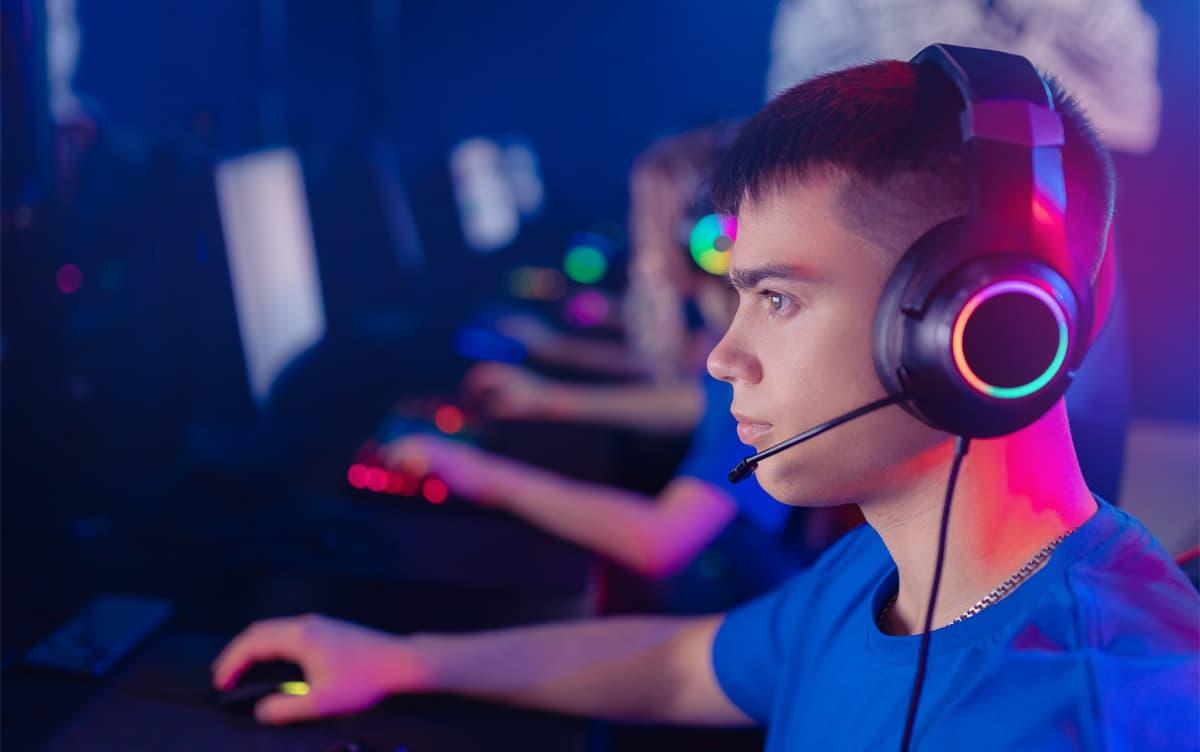Research News
Pupil Contraction Indicates Hidden Cognitive Fatigue in Prolonged Esports Play Across Various Skill Levels
 Image by Parilov/Shutterstock
Image by Parilov/Shutterstock
Fatigue plays a crucial role in safeguarding against overexertion by inducing feelings of tiredness and causing temporary reductions in physical and mental performance. However, according to a recent study, esports (electronic sports) players, who are primarily engaged in cognitive tasks rather than physical activities, experience cognitive fatigue and judgment impairment before they consciously perceive the feeling of fatigue. This phenomenon occurs irrespective of their proficiency level in esports. Pupillometry emerged as a potential neural marker for detecting the discrepancy between subjective and cognitive fatigue.
Tsukuba, Japan—Although increased fatigue from physical exercise arises from various exercise-induced factors, it is assumed that the lack of dynamic physical exertion in esports would lead to a dissociation and players would exhibit cognitive fatigue before reporting heightened subjective fatigue sensations. To verify this, the players used a virtual soccer game as an esports model and measured pupil diameter, an indirect brain activity indicator, over 3 h of continuous play, examining the effects across players of varying experience levels.
The results validated this hypothesis and indicated that subjective fatigue did not increase until 2 h, with a minor increase at 3 h that did not correlate with cognitive fatigue markers. However, pupillary constriction, linked with declining judgment capabilities, was evident at 2 and 3 h. This highlights a clear disconnect between subjective fatigue sensations and objective cognitive fatigue induced by extended esports gameplay, irrespective of player expertise level.
The findings of this study suggests that pupillometry could help raise awareness of the insidious cognitive fatigue that sets in before subjective fatigue becomes noticeable during intensive cognitive activities devoid of physical exertion cues. Monitoring pupil constriction could serve as a useful neural marker for detecting cognitive resource depletion in mentally demanding virtual environments, as exemplified by esports professionals and other modern brain-based pursuits. Recognizing and mitigating the effects of this covert cognitive drain could help maintain optimal judgment capabilities.
###
This research was supported in part by a Special Research Grant by the TOYOTA Foundation to T.M. (D20-ST-0034), a research grant by HAYAO NAKAYAMA Foundation for Science & Technology and Culture to T.M., a contract research grant by NTT EAST to T.M., the Top Runners in Strategy of Transborder Advanced Researches (TRiSTAR) program conducted as the Strategic Professional Development Program for Young Researchers by the MEXT to T.M., and Fusion Oriented Research for disruptive Science and Technology (FOREST) by Japan Science and Technology Agency (JST) to T.M. (JPMJFR205M).
Original Paper
- Title of original paper:
- Cognitive decline with pupil constriction independent of subjective fatigue during prolonged esports across player expertise levels
- Journal:
- Computers in Human Behavior
- DOI:
- 10.1016/j.chb.2024.108219
Correspondence
Assistant Professor MATSUI Takashi
Institute of Health and Sport Sciences, University of Tsukuba
TAKAHASHI Shion
Doctoral Program in Physical Education, Health and Sport Sciences, Graduate School of Comprehensive Human Sciences, University of Tsukuba
Related Link
Institute of Health and Sport Sciences








